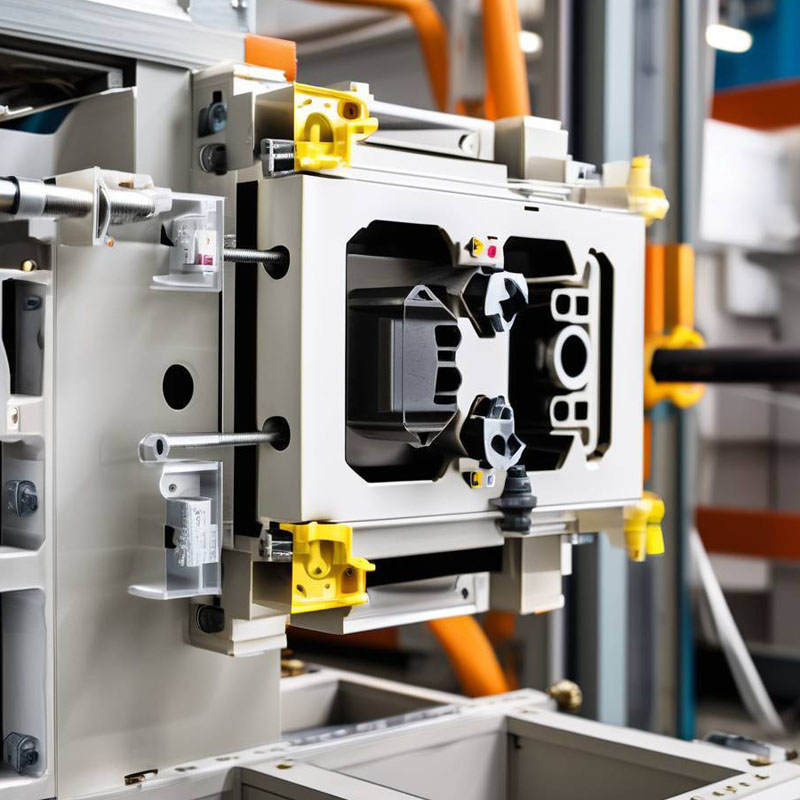Rubber Mold: A Flexible Solution for Precise Manufacturing
2025-05-21
A Rubber Mold is an essential tool in many industries, offering a flexible and cost-effective method for producing detailed parts and prototypes. Known for its elasticity and durability, rubber molds enable manufacturers and artisans to replicate complex shapes with high accuracy.

What Is a Rubber Mold?
A Rubber Mold is a mold made from specially formulated rubber materials such as silicone or polyurethane. Unlike rigid molds made from metal or plastic, rubber molds are soft and flexible, allowing for easy removal of cast parts without damaging delicate details.
Key Features of Rubber Molds
Flexibility and Elasticity
The rubber material can stretch and compress, making it ideal for casting intricate designs and undercuts.
Durability
High-quality rubber molds can withstand repeated use, making them suitable for small to medium production runs.
Detail Reproduction
Capable of capturing fine surface textures and intricate details with precision.
Chemical Resistance
Many rubber molds resist a variety of casting materials including resins, waxes, and low-melt metals.
Ease of Use
Simple to prepare and use, requiring minimal equipment compared to metal molds.
Applications of Rubber Molds
Prototyping and Product Development
Ideal for creating prototype parts quickly before committing to expensive production molds.
Art and Crafts
Used by artists and hobbyists for making jewelry, sculptures, and decorative items.
Industrial Manufacturing
Employed for small batch production of parts in automotive, aerospace, and consumer goods.
Food Industry
Food-grade silicone molds allow shaping chocolates, candies, and baked goods safely.
Advantages of Using Rubber Molds
Cost-Effective
Lower tooling cost compared to metal molds, especially for limited runs.
Quick Turnaround
Faster mold making process speeds up the overall production timeline.
Versatility
Compatible with a wide range of casting materials.
Reduced Waste
Precise molding reduces material wastage.
Choosing the Right Rubber Mold
When selecting or making a rubber mold, consider:
Type of Rubber Material
Silicone is popular for flexibility and heat resistance, polyurethane for toughness.
Casting Material Compatibility
Ensure the mold material works well with the intended casting resin or substance.
Mold Size and Complexity
Larger or highly detailed parts require specific mold designs and curing times.
Durability Requirements
Higher production volumes need more robust rubber formulations.
Conclusion
The Rubber Mold is a versatile and indispensable tool in modern manufacturing and creative industries. Its flexibility and precision enable the reproduction of complex parts with minimal effort and expense. Whether for rapid prototyping, artistic creation, or small-scale production, rubber molds provide a practical and reliable solution for a variety of applications.


